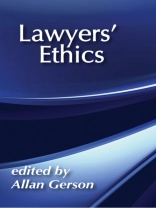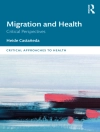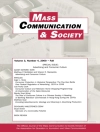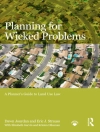Frequently the ethical attorney finds himself in a position where he can no longer reconcile con-flicting responsibilities he owes to his clients with those he owes so-ciety and himself. Faced with the dilemma of choice among coun-tervailing and competing obliga-tions, he has little training and precedence to guide him. If he is over forty, the overwhelming probability is that he never took a course on legal ethics; if he looks for a general, up-to-date text to provide insight, he...
Frequently the ethical attorney finds himself in a position where he can no longer reconcile con-flicting responsibilities he owes to his clients with those he owes so-ciety and himself. Faced with the dilemma of choice among coun-tervailing and competing obliga-tions, he has little training and precedence to guide him. If he is over forty, the overwhelming probability is that he never took a course on legal ethics; if he looks for a general, up-to-date text to provide insight, he will look in vain. Nor is there a developed body of case law from which to glean an appropriate course of action.This vacuum of authoritative formulations of responsible be-havior is a matter of concern not only to the legal profession, but to all sectors of American society. Lawyers shape the mores and thoughts of all of us. Their will is exerted not only in modifying our national institutions, but ulti-mately our individual, personal sense of values.This volume serves two impor-tant purposes: it provides the interested professional and lay reader with an appreciation of thespectrum of the ethical dilemmas confronting the legal profession, and it provides a sense of balance about the competing consid-erations present in each of these dilemmas. At a time when the legal profession is under attack both from within and without, this book represents some of the best critical thinking by lawyers about their role and responsibilities in American society.












